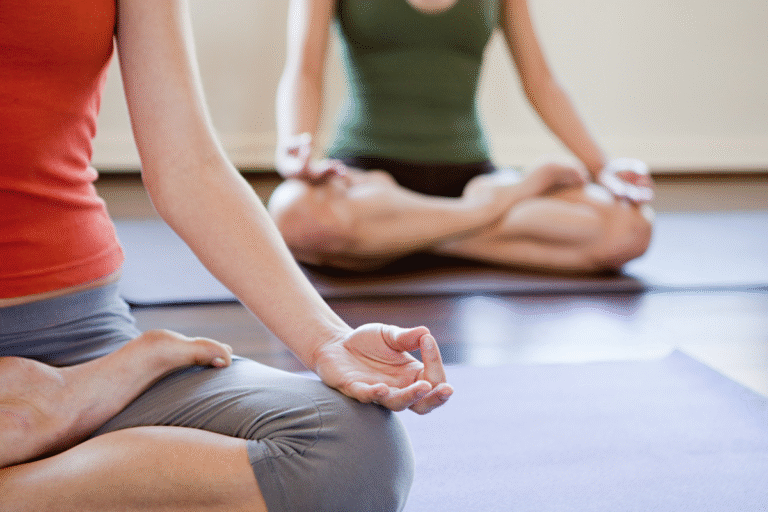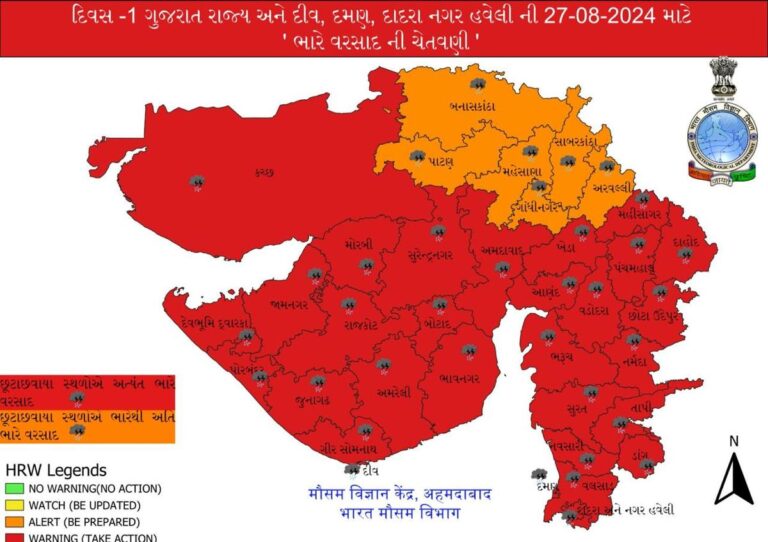
Our world is constantly changing and busy. Sometimes peace and understanding seem unattainable. Constant distractions like anxiety, tasks, and digital distractions can make it difficult to focus and drain our energy. However, peace doesn’t come from the absence of worries; it comes from how you view and respond to them. A large part of what makes you calm, focused, and happy each day lies in your mindset.
You don’t have to make drastic changes in your life to experience peace and tranquility. Changing your perspective on the world, problems, and yourself is just the first step. If you can easily make these changes in your mindset, you can move forward each day with more confidence, balance, and purpose.
Start each day with a clear intention
How you start your day influences how you spend it. Many of us wake up and frequently check our phones, read the news, or think about all the things we have to do. This can lead us to rush to react immediately. Instead, take your time in the morning and start your day with awareness and purpose. Before checking your phone or getting out of bed, take a few deep breaths and set a simple intention for the day. For example, “Today I will remain calm, no matter what happens” or “I will seek out moments of gratitude.” This small change can help you focus your attention, making it easier to stay calm throughout the day.
Tackle what you can’t change
Learning to let go of things you can’t change is one of the most important ways to find inner peace. Many things that bother us daily are things we’d like to change—people, outcomes, or situations. But fighting reality only leads to stress and failure.
When something frustrating happens, take a moment to think: “Can I change this?” If not, try to let it go with kindness. Instead, think about what you can change: your efforts, your reactions, and the words you use. When you accept things as they are, you don’t have to concentrate; you can. You just need to stop wasting time and energy on things you can’t change.
Letting things go gives you a joy and freedom that nothing else can take away.
Be grateful for everything, even the smallest things
Gratitude is a natural way to clear your mind and find more peace in your life. To see the good instead of what’s missing, you need to pause and notice what’s already there. This simple shift in mindset can increase your brain’s positivity and make it stronger.
Try to list at least three things you’re grateful for every day, no matter how small. It could be a warm cup of tea in the morning, a kind word from a friend, or the relaxing feeling of being home. This exercise becomes even more effective when you write them down or say them out loud. Over time, gratitude will become your norm, keeping you calm, even in difficult times.
Act, don’t react
When you act without thinking, out of worry, anger, or fear, your emotions take over. On the other hand, pausing before reacting gives you time to think and act carefully.
The next time you feel upset, take a deep breath and ask yourself what’s really going on. Are you reacting out of old habits or because you’ve realized something? Pausing for a moment can really make a difference. It gives your mind time to shift from emotional impulses to rational thinking.
This mindset will, over time, give you a sense of mental security and peace. You’ll begin to see problems as opportunities to cultivate calmness instead of frantic activity.
Choose compassion, both for yourself and for others
Being kind to yourself, especially yourself, is the first step toward peace. Many people are hard on themselves and criticize every mistake or shortcoming. This negative self-talk can make you tense and drain your mental energy.
Change your perspective and treat yourself with the same kindness you would treat a friend. When you make a mistake, don’t say, “I failed again,” but rather, “I’m learning and making progress.” Being kind to yourself doesn’t make you lazy; it makes you stronger, more patient, and more balanced.
Having compassion for others is equally important. Trusting the good intentions of others and forgiving their small mistakes can make you feel better. When you show compassion, peace easily permeates your thoughts and interactions.
Simplify your inner and outer world
Mental clutter often resembles real clutter. When your plans or environment become cluttered, it’s difficult to maintain a calm mind. By focusing on your surroundings and goals
This doesn’t mean you should do less, but rather that you should focus on what matters most.
Live in the present moment
Your thoughts constantly bounce back and forth between the past and the future, ruminating on past mistakes or worrying about what’s to come. But only the present moment can bring peace. When you bring your attention back to the present moment, you’ll feel lighter and calmer.
Practice mindfulness exercises every day. For example, focus on your breathing, feel the rhythm of your steps as you walk, or give your full attention to what you’re doing, such as eating, listening, or working. Living in the present moment can help you block out distractions and enjoy life more.
Over time, this shift in mindset will help you stop worrying about the past or the future and focus on what’s happening in the present moment.
Focus on progress, not perfection
A major obstacle to peace is perfectionism. When you constantly strive for perfect results, you drown in worry and self-doubt. When you shift your focus to progress, you can enjoy your growth instead of criticizing your shortcomings.
Celebrate small victories and know that your efforts are successful. This helps you keep moving forward and be kind to yourself, even when things don’t go as planned. Steady growth leads to greater relaxation and self-confidence in all aspects of your life.
Frequently Asked Questions
How can I find peace when everything around me seems hectic?
Focus on developing one or two daily habits that help you relax, such as writing a book or practicing mindful breathing. These habits will, over time, transform your thinking and allow you to find peace, even in the midst of a busy life.
What’s the first thing you should do to clear your mind?
Awareness is the first step to clarity. When you try to slow down, breathe deeply, and pay attention to your thoughts, don’t judge them. When you observe instead of reacting, your thinking improves.
Does gratitude really make me happier?
Yes. Research shows that gratitude activates areas of the brain linked to happiness and mental health. Practicing gratitude regularly can help you stay optimistic, even in adversity.
I overthink everything. How can I stop it?
Focusing on your feelings or taking deep breaths are both great ways to calm yourself. Focusing on the present moment, instead of worrying about what might happen in the future, can help you stop overthinking.
Let go of purity. Why is it so difficult? Because the feeling of control makes you feel safe. However, if you learn to embrace doubt, you can live with more confidence and ease. Giving up isn’t the same as letting go. Letting go means making peace with what is.
In short, peace and clarity start from within
Seeking peace and understanding isn’t about escaping the world; it’s about changing how you experience it. You can calm yourself from within by shifting your thoughts daily, such as focusing on acceptance, gratitude, awareness, and kindness. Every conscious thought and choice you make brings you closer to greater peace and focus.
You don’t need a perfect life to achieve peace. You only need a heart that can find stillness in the midst of chaos. You can choose to stay calm, think clearly, and find more peace every day. When your mind is clear, your life will be more meaningful and balanced, and you’ll experience a greater sense of peace and joy.







